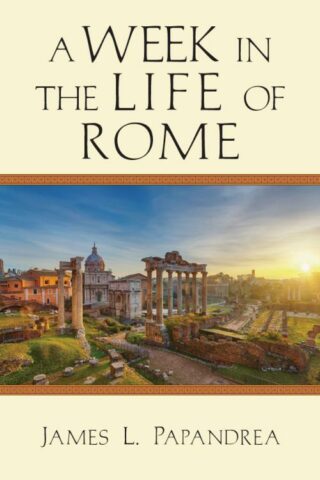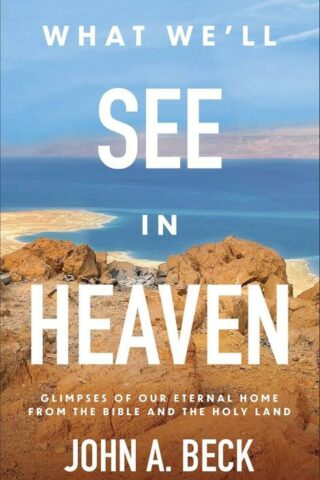James Papandrea
Showing the single result
-
Week In The Life Of Rome
$21.99In first-century Rome, following Jesus comes at a tremendous social cost.
An urbane Roman landowner and merchant is intrigued by the Christian faith-but is he willing to give up his status and lifestyle to join the church? Meanwhile his young client, a catechumen in the church at Rome, is beginning to see just how much his newfound faith will require of him.
A Week in the Life of Rome is a cross section of ancient Roman society, from the overcrowded apartment buildings of the poor to the halls of the emperors. Against this rich backdrop, illuminated with images and explanatory sidebars, we are invited into the daily struggles of the church at Rome just a few years before Paul wrote his famous epistle to them. A gripping tale of ambition, intrigue, and sacrifice, James Papandrea’s novel is a compelling work of historical fiction that shows us the first-century Roman church as we’ve never seen it before.
Add to cartin stock within 3-5 days of online purchase






